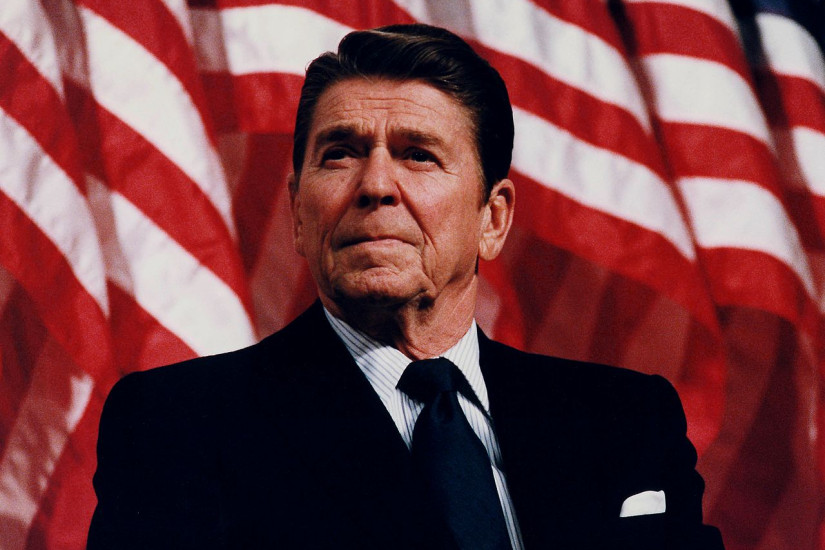One of the dilemmas of writing about conservatism might seem, at first glance, to be the problem of definition. What is conservatism? Is it a political ideology, a social movement, a general philosophical stance toward the world? As many people have observed, conservative thought contains elements that might seem inconsistent on the surface, most notably its simultaneous embrace of the free market and its professed commitment to the maintenance of tradition. These ideological tensions are mirrored in the diverse constituencies of the Right. How have southern segregationists and northern businessmen, or libertarians and Christian fundamentalists, managed to make common political cause? There are also questions about the political boundaries of conservatism. Does the movement include the “extremists” of the John Birch Society and the terrorists of the Ku Klux Klan alongside the mainstream politicians of the Republican party? Are there philosophical or political connections that link these different groups? Should historians exploring conservatism write about committed activists or swing voters to understand the reasons for its electoral successes? How to account for conservative Democrats or “neoliberals”? Who are the true conservatives, and what do they really believe?
Historians writing about conservatism have generally dealt with these problems of definition by agreeing, tacitly if not always explicitly, on a particular definition of conservatism. Generally, scholars of the Right have understood conservatism as a social and political movement that gained momentum during the post–World War II period. It began among a small number of committed activists and intellectuals, and ultimately managed to win a mass following and a great deal of influence over the Republican party. While its ideology (like all political world views) was not systematic or logically coherent on every count, its central concerns included anticommunism, a laissez-faire approach to economics, opposition to the civil rights movement, and commitment to traditional sexual norms. Earlier scholars had depicted the rightward movement of American politics as an angry reaction epitomized by the outbursts of the 1970s. The more recent body of work has challenged the idea of a backlash, instead emphasizing the extent to which conservatives organized a sustained, long-term attempt to realize their particular vision of American society.
